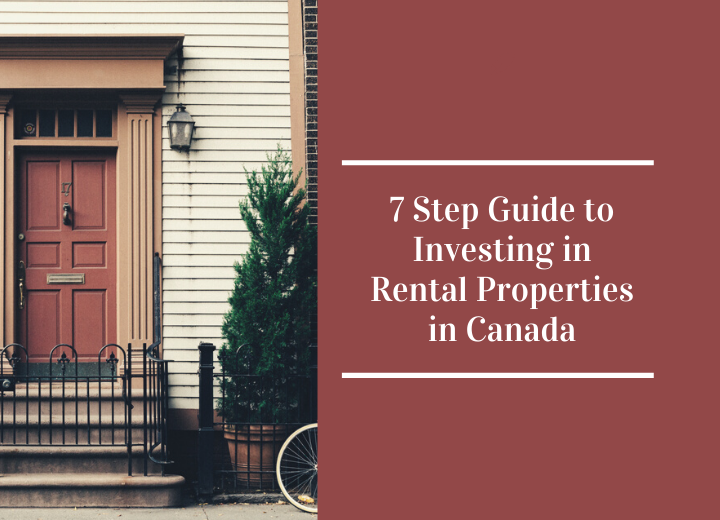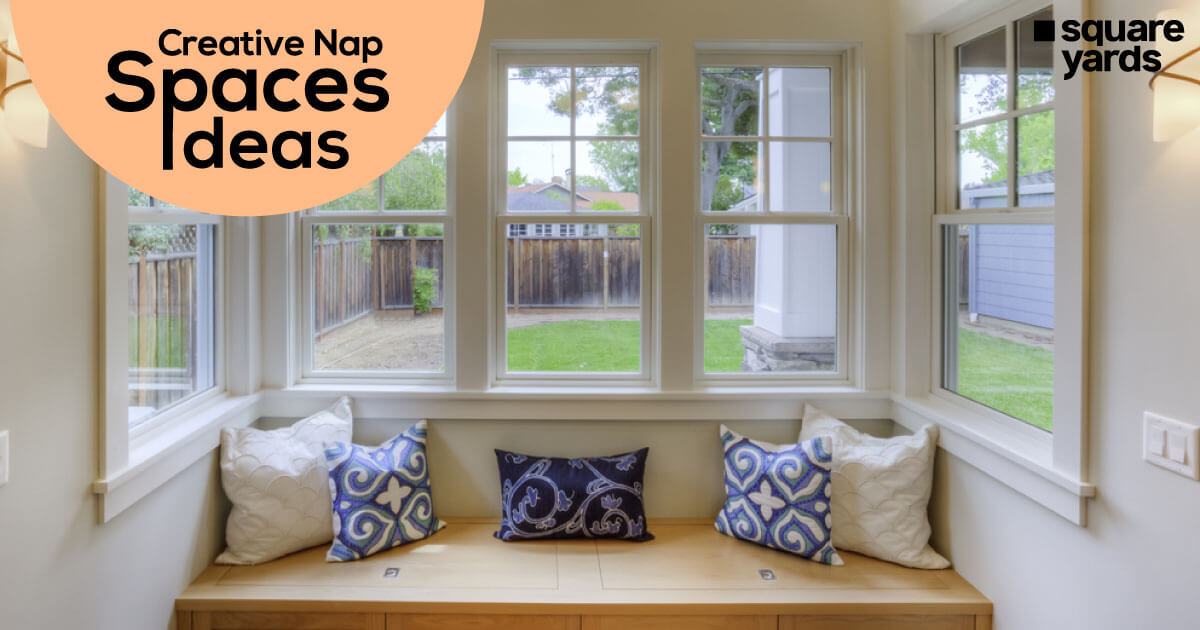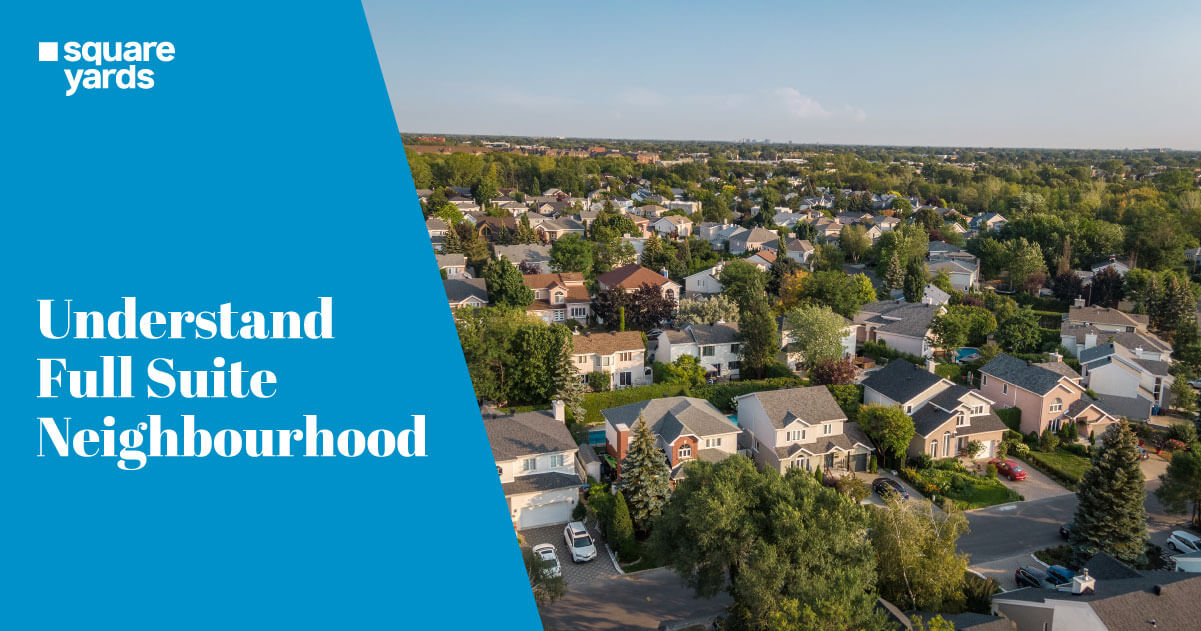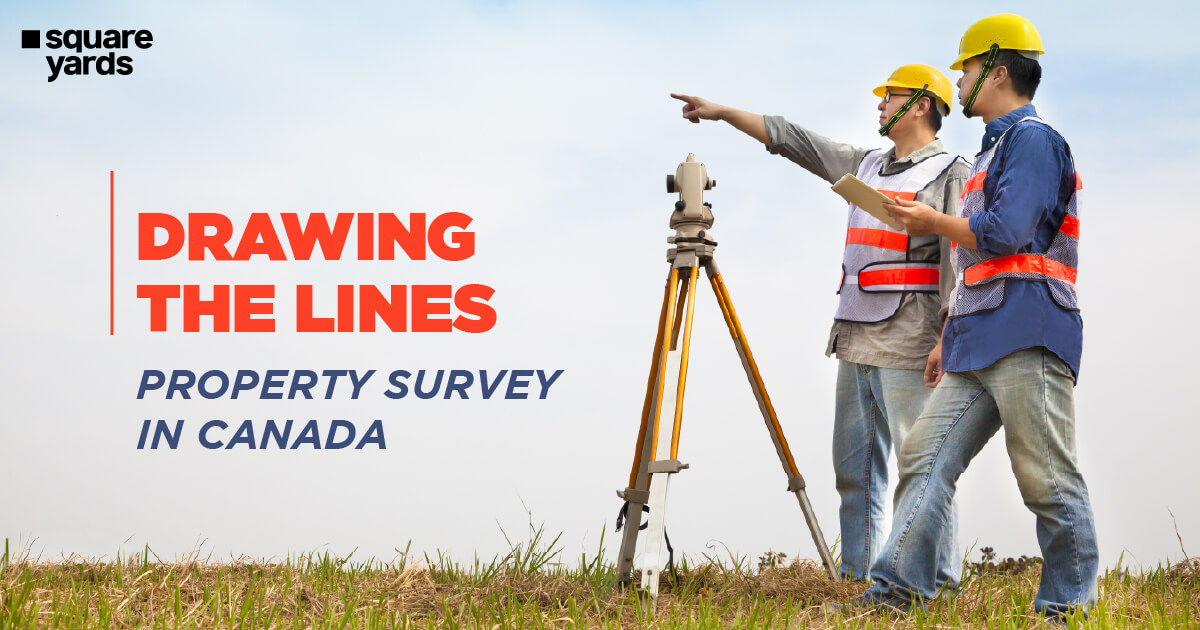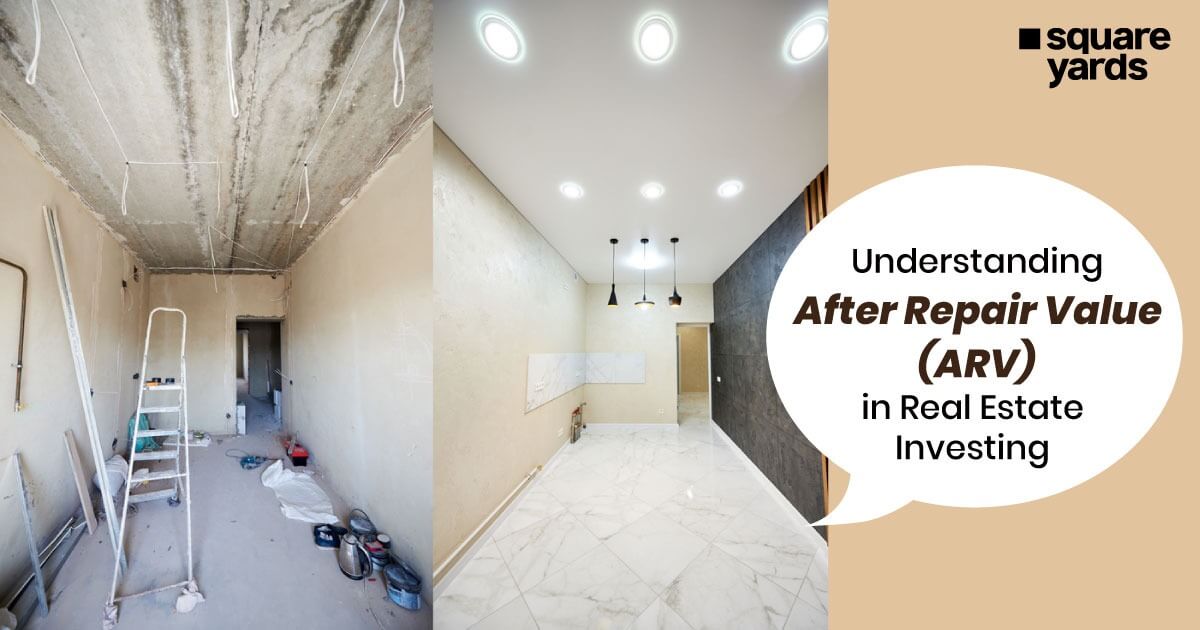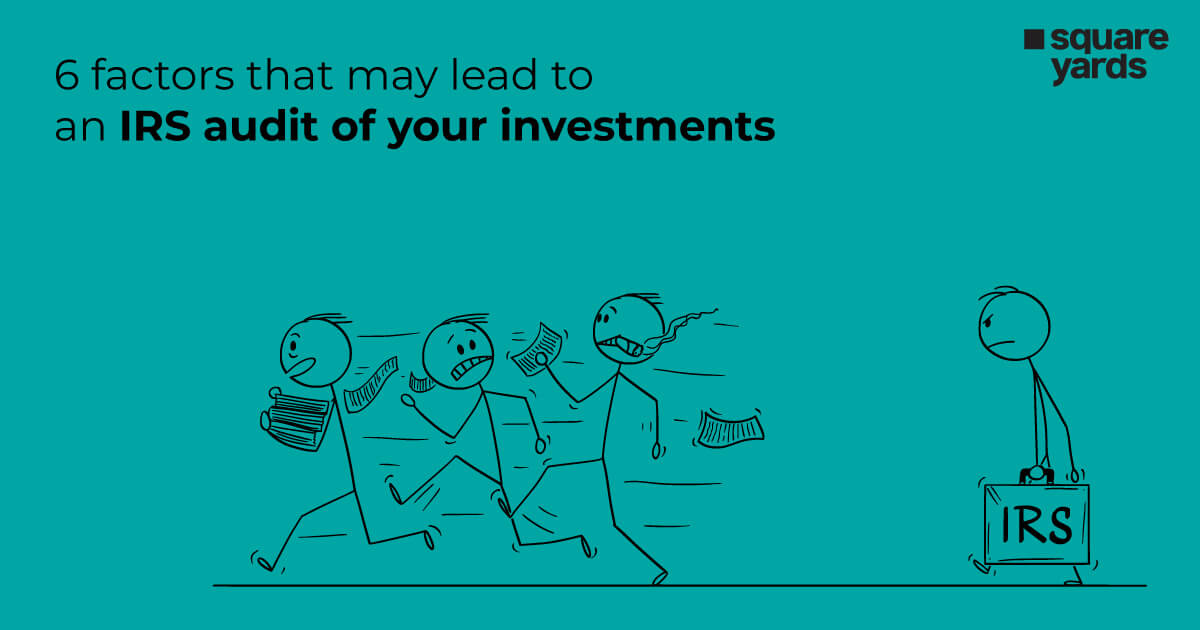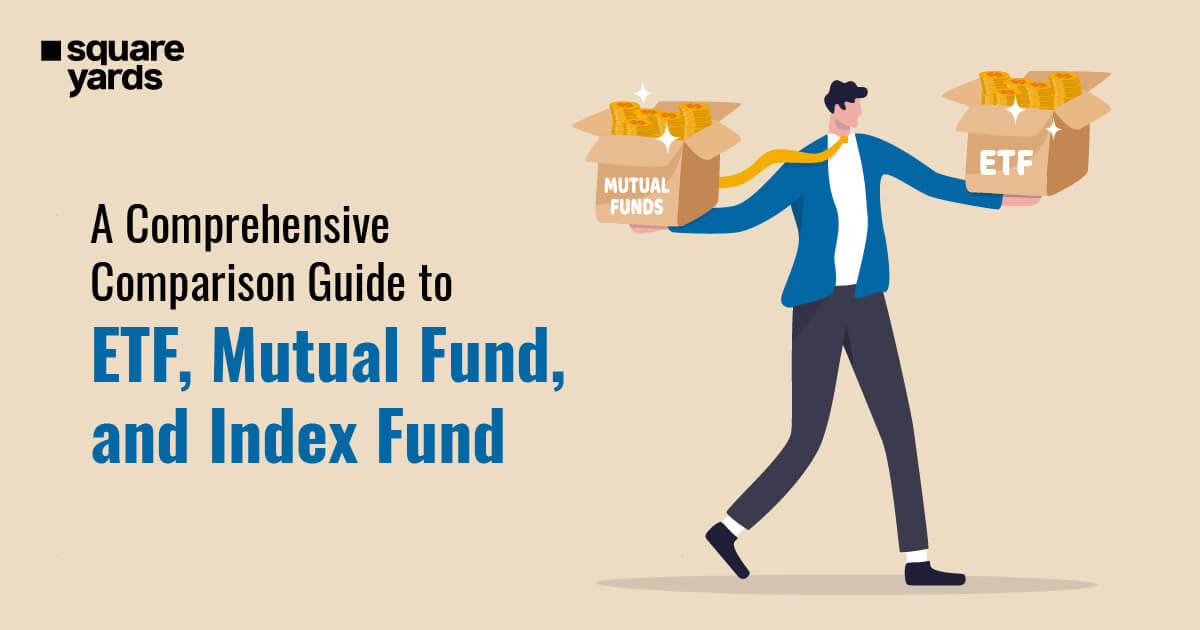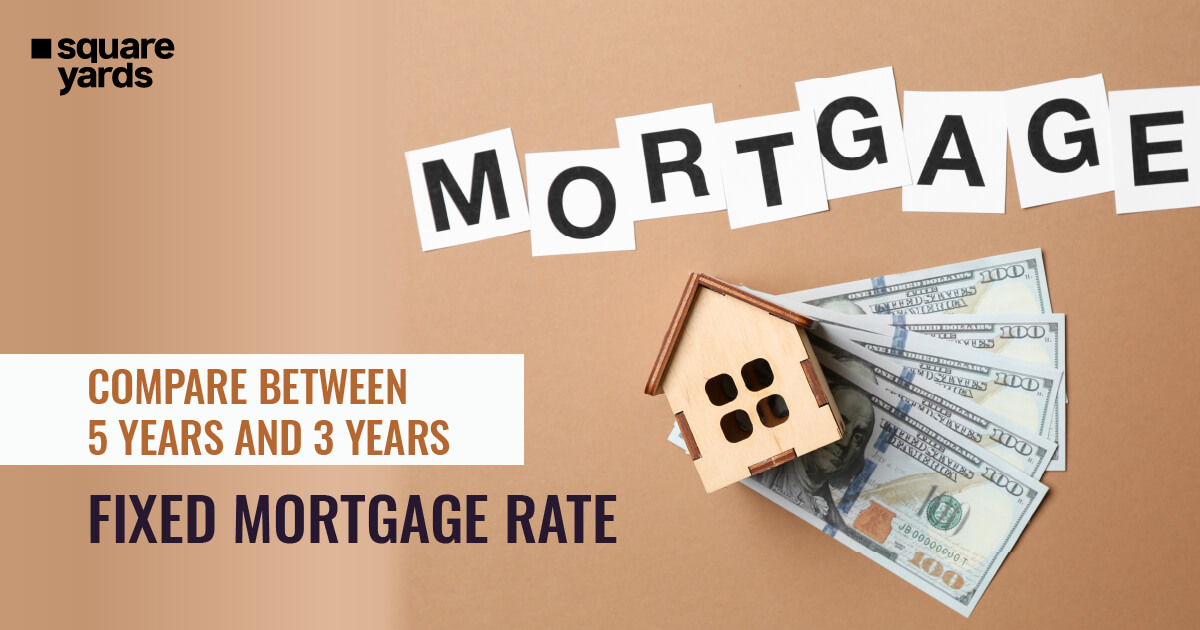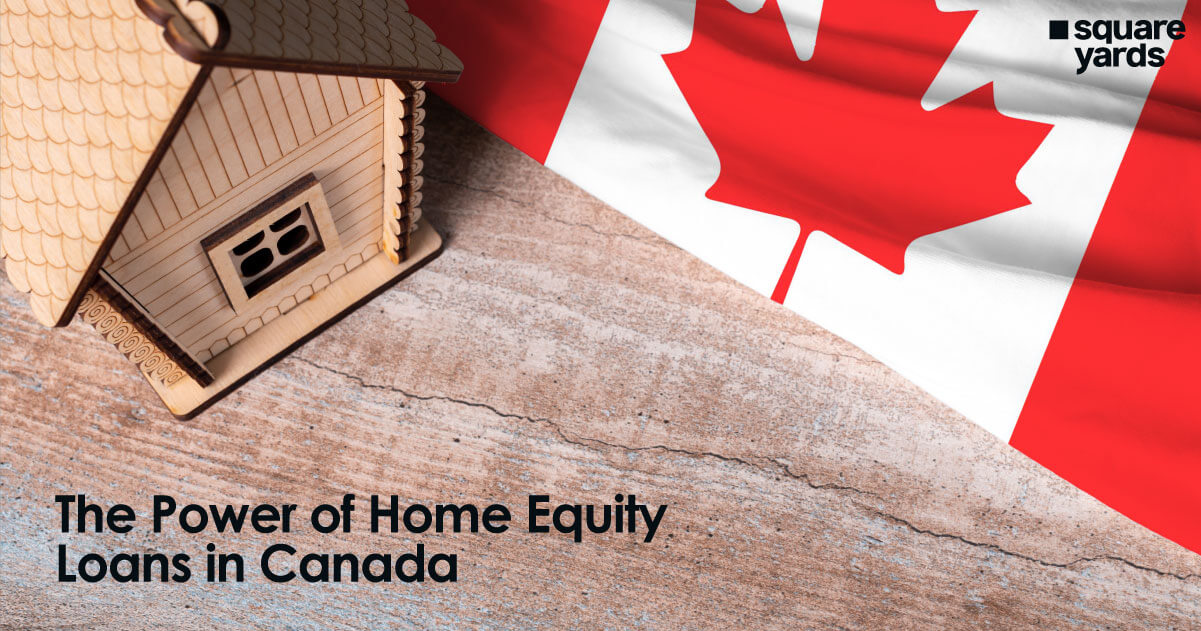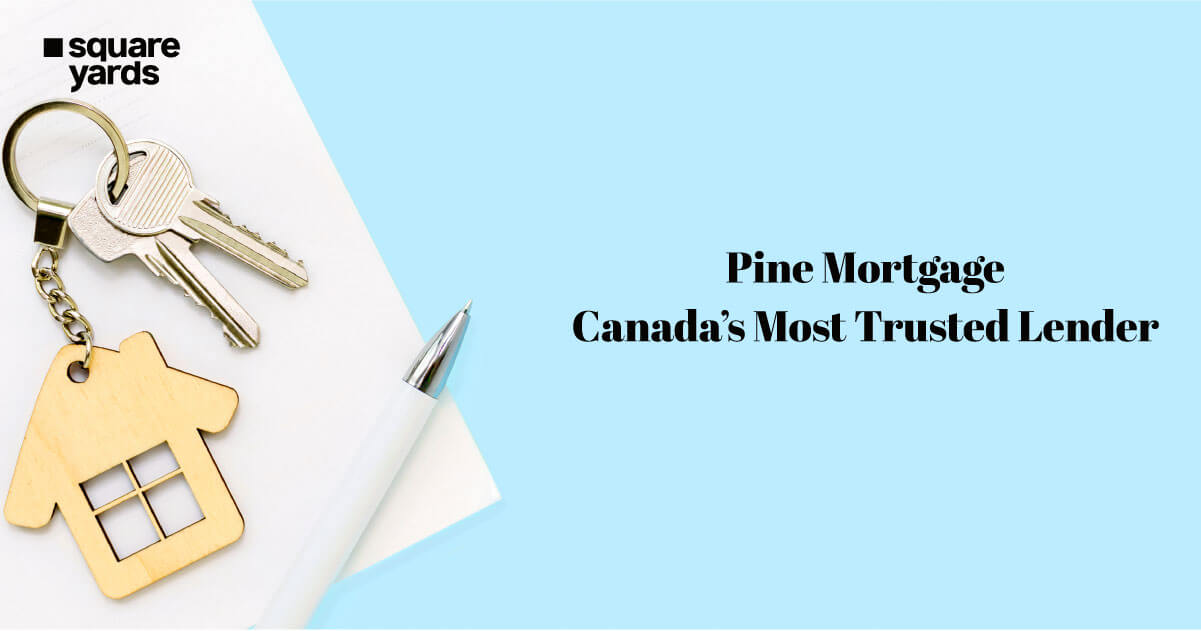Putting houses for rent in Canada might seem a daunting task. Apart from getting quality tenants, assuring a safe, smooth monthly transaction of rent can be challenging. Whether you are a new investor in Canada or have been investing in rental properties for a long time, take cues from our step-by-step guide for Investing in Rental Properties in Canada. This guide will certainly help you with the process if you are facing challenges in getting your property ready for tenants.
Investing in rental properties is obviously profitable for both tenants and property owners. Several property owners have put their houses for rent or at least a part of it for not only extra income but to pay out mortgages or home loans.
On the other hand, working individuals, digital nomads, etc., opt for rental properties to dodge the heavy payment burdens of buying a house. And, it is because of this reason that you can see different types of properties on rent in the country, like apartments, condos, single-family housing, townhouses, etc.
However, considering the market competition, the global pandemic, and people’s changing preferences, it is not easy to get tenants fast when you put houses on rent. So, if you are planning to put your property on rent, take heed of the various rental tips we offer on this blog.
Make Your Space Livable

If you have purchased a property for renting purposes, you will have to start with improvements before renting it out to tenants.
While in some cases you might have to change the locks and fix the drywall, in other scenarios, huge renovations, like roofing or foundation work, may be involved, incurring hefty costs.
Plan well and keep a record of everything you change, add, or upgrade in the property and the money you spend for it. This will help you analyze your expenditures better.
Analyze Your Finances Before Investing in Rental Properties

Once your property is ready to be rented out, it is time to figure out the numbers that should be charged for it.
Analyze the capitalization rate of your home and the time it will take to recover the money you invested in through several rent cost models.
Research rental market conditions for comparable sales and check the rent of similar buildings. Go through related rental listings and try to accumulate the various price points and USPs that you can also incorporate when determining your rent.
Additionally, consider the improvements you made to your property (if any) and the premiums for management companies or any maintenance underway.
Once you come up with the right rental for your property, roll it through the pricing models to ensure it goes with your approach of investment.
Make Your Lease And House Rental Property Agreement
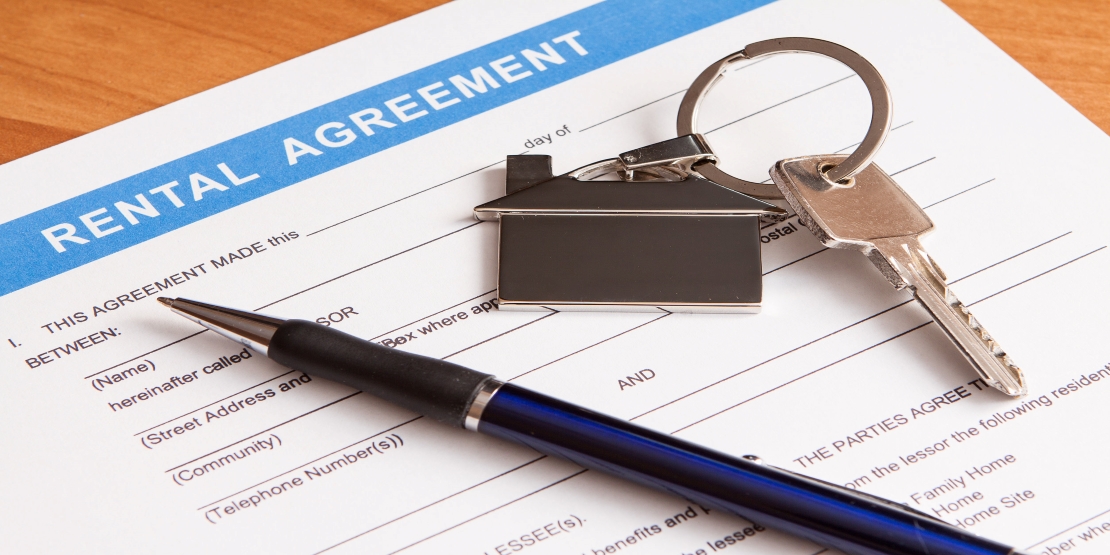
Get your lease agreement and house rental agreement ready before advertising your property to prospective tenants.
Both lease and house rental agreements are legal documents mentioning your and your tenant’s duties and responsibilities related to leasing tenure, monthly rent payments, and living and maintaining the property. The only difference between the two is that a rental agreement is drafted for a shorter term (30 days), whereas a lease agreement can be a 6 to 18-month contract.
Once the agreement has been officially signed by your renters, they will have to comply with its terms and conditions. The essentials you need to include in a lease agreement, as well as a house rental agreement, are:
- Tenant/s name
- Property Address
- Amount of rent
- Length of the lease term
- Security deposit amount
- Description for late fee
- Report for move-in condition
- Provisions such as utilities, maintenance, smoking, etc.
We suggest getting your lease reviewed by a lawyer, especially if you model your agreement on a pattern. Do not forget to keep two copies of the lease agreement, one for your tenant and the other for your records.
Put Your Property on Market

Now is the time to advertise your property anywhere and let the rental inquiries start raining in. However, this doesn’t mean it will help you attract good candidates. Any investor will, of course, want to draw the attention of tenants with good rental histories of Investing in Rental Properties.
By rental histories, we mean the people who pay rent on time and value your property as their own. Thus, it is necessary to put your property in the right places in the market. Advertise it on some reputed listing sites.
The best way to enhance the appearance of your property is to use nicely written property descriptions, several good pictures, and a detailed listing of the available amenities.
Remember, most people search properties by area and price. They look for attractive locations that are easily accessible from all major parts of the city. Needless to mention that pictures play a major role in making your property stand out.
Thus, make sure the pictures you post are outstanding and look appealing to a wide array of applicants. Other than online advertising, it is always a good idea to locally place yard signs and hang-ups on bulletin boards. You can even distribute flyers in cafes or restaurants as it will certainly draw the attention of tenants looking through the board.
Assess Potential Tenants
Now that you have started receiving several applications, there is a need for a yardstick to evaluate them. Carefully assess the candidates and eliminate those who do not meet the basic qualifications such as providing employment proof, not having a constant income or a good tenancy record, etc.
Create a complete background report of the candidates and assess factors such as:
- Job and income history
- Financial history (including bankruptcies)
- Employment proof
- Criminal record, if any (including felonies)
- Previous evictions
Be aware of the candidates who cannot furnish previous rent records. Ask for a surety signature on the lease agreement. Disqualify tenants who cannot furnish employment and tenant history or appear suspicious in any way.
Further, there is always a need to inquire more about the renters who qualify for the background check. Verify their current employment and income proofs and the number of tenants who will be living once they start moving in. Make sure that the individual you are renting your property to has an income twice or thrice the rent amount. Also, there should not be two individuals for a single-bedroom apartment.
Sign the Lease Agreement
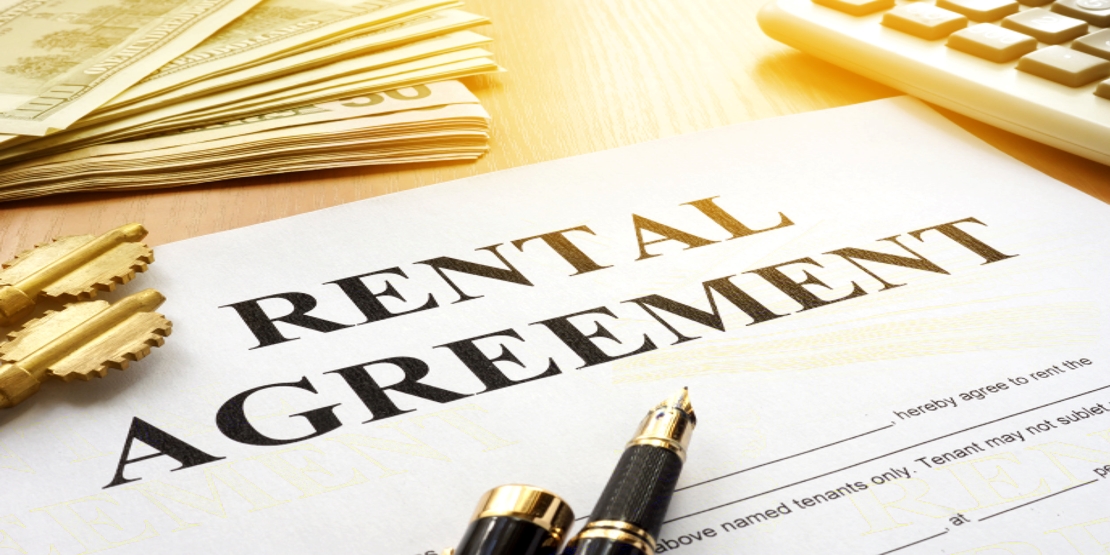
We know it is difficult and time-consuming to find the right tenant. However, it’s always worth the wait. It is important to get a responsible and stable tenant to ensure a stable cash flow. And once you find the right person, it is time to sign the lease agreement.
A condition walk-through is also a part of the process of renting a house. Take the tenant through the property and make him aware of the issues about the property (if any), such as appliance problems, scratches, scuffs, issues with the exterior, and more.
This will save the renter from liability and set a standard to match up to the inspections in the future. Also, remember to ask for the security deposit before the tenant moves in. Meanwhile, sort out any queries or confusion of your tenant and clear up all their doubts related to the rental or lease agreement.
Rental Property Management
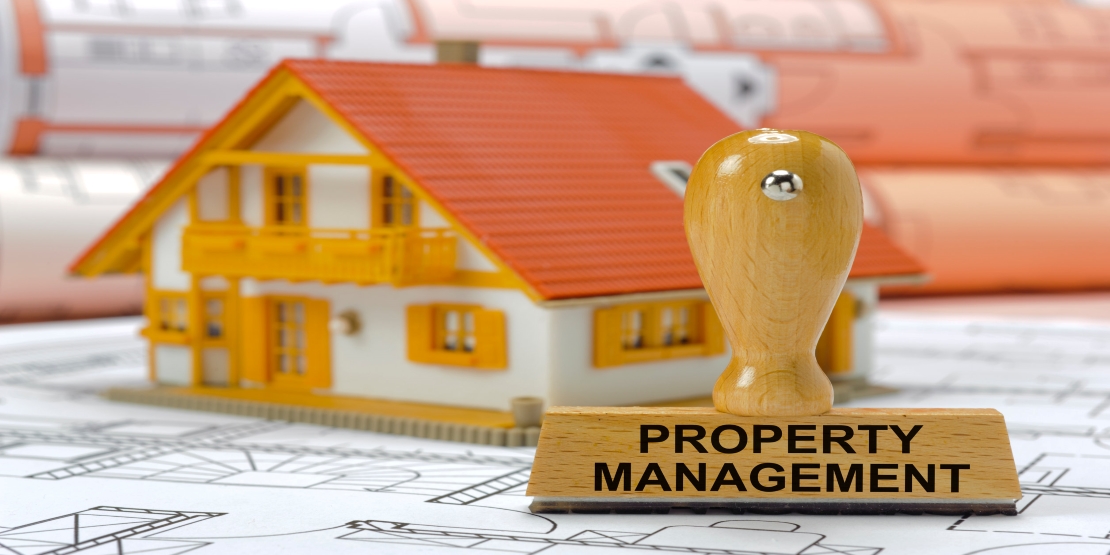
Once your tenant has shifted to your property and is paying rent, it is time to consider its maintenance. And your tenants will certainly come up with questions when you start with the upkeep of the property.
Rental property management can be done in two ways. You can either consult a property management company or do it yourself.
While a property management company will save you the time and effort of constantly keeping an eye on your property and managing your tenants, it will demand a share in the profits.
On the flip side, if you decide to manage your property on your own, keep in mind that you will have to act like an active landlord and pay heed to the requirements of the property.
Summing It Up
Whether you are renting your house for the first time or have been in the real estate industry for a long time, it is necessary to be wise and do thorough research on how renting a property works, market conditions, etc.
Rental property management brings along a few challenges that might seem overwhelming initially, but we are sure, with the help of the above-discussed steps, you will be able to crack the right deal.
So, if you own a property in Canada and are planning to rent it out, prepare your property as per real estate standards and make it appealing for those seeking houses for rent in a convenient location, with modern amenities, and of course, feasible pricing.

